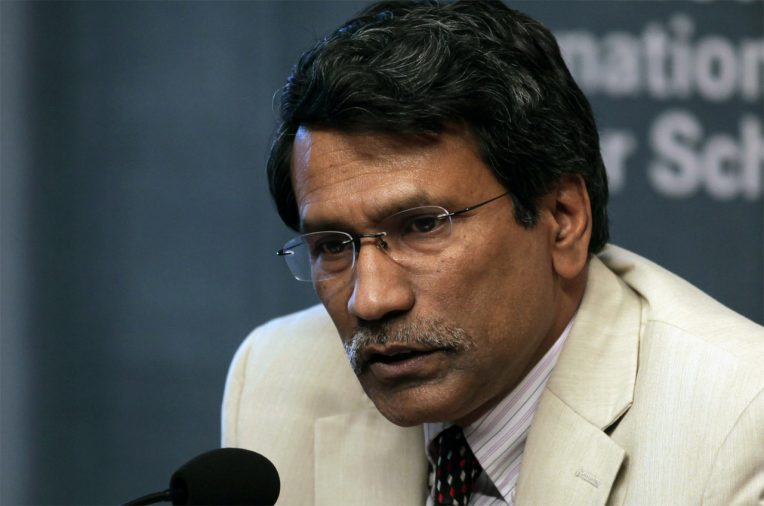Distinguished Professor Ali Riaz has been interviewed by the British Broadcasting Corporation (BBC) in its flagship program Inquiry, quoted in a report of the Voice of America (VOA), and has published a commentary in Benar News, a Washington-based news portal.
These reports highlight the current political situation in Bangladesh ahead of the election scheduled for January 7, 2024. Major opposition parties have called on the government of Sheikh Hasina to resign ahead of the election to ensure a free and fair election, which the government has declined. In the past weeks, thousands of opposition leaders and activists have been arrested and given various jail terms.
Riaz, in his interview with the BBC, discussed the rise of current Prime Minister Sheikh Hasina to power and said that in her current term in office beginning in 2009, she has adopted an authoritarian style of governance. She secured victory in two previous elections—in 2014 and 2018—which were seriously flawed, according to international media. Referring to the discussion on her potential heir apparent, Riaz underscored that it only demonstrates that the country has descended into a dynastic rule.
In the VOA report, Riaz said that an election excluding the major opposition parties and “engineered like the previous two general elections” would have serious consequences “not only politically but also economically and diplomatically.”
“The 2024 election is heading to be the most consequential election in the history of the country,” Riaz told the VOA. “How the election is conducted will determine which way the country will be heading—a de facto one-party state like Cambodia or reverse to the democratic path.”
In his commentary titled “Bangladesh is poised for an election to seal autocratic rule,” Riaz wrote: “The ruling party appears to bet on the premise that opposition parties, still ununited, will not be able to muster an effective challenge if it repeats a one-sided election. It trusts that a combination of the 2014 and 2018 strategies—keeping the opposition outside the election process but allowing newly minted ‘King’s Parties’ to participate—will allow it to retain power. But it’s also true that the urge among the public for a free election is greater than at any other time.”
He also wrote that the question is whether the global community will act to prevent the “disaster in the making.”

